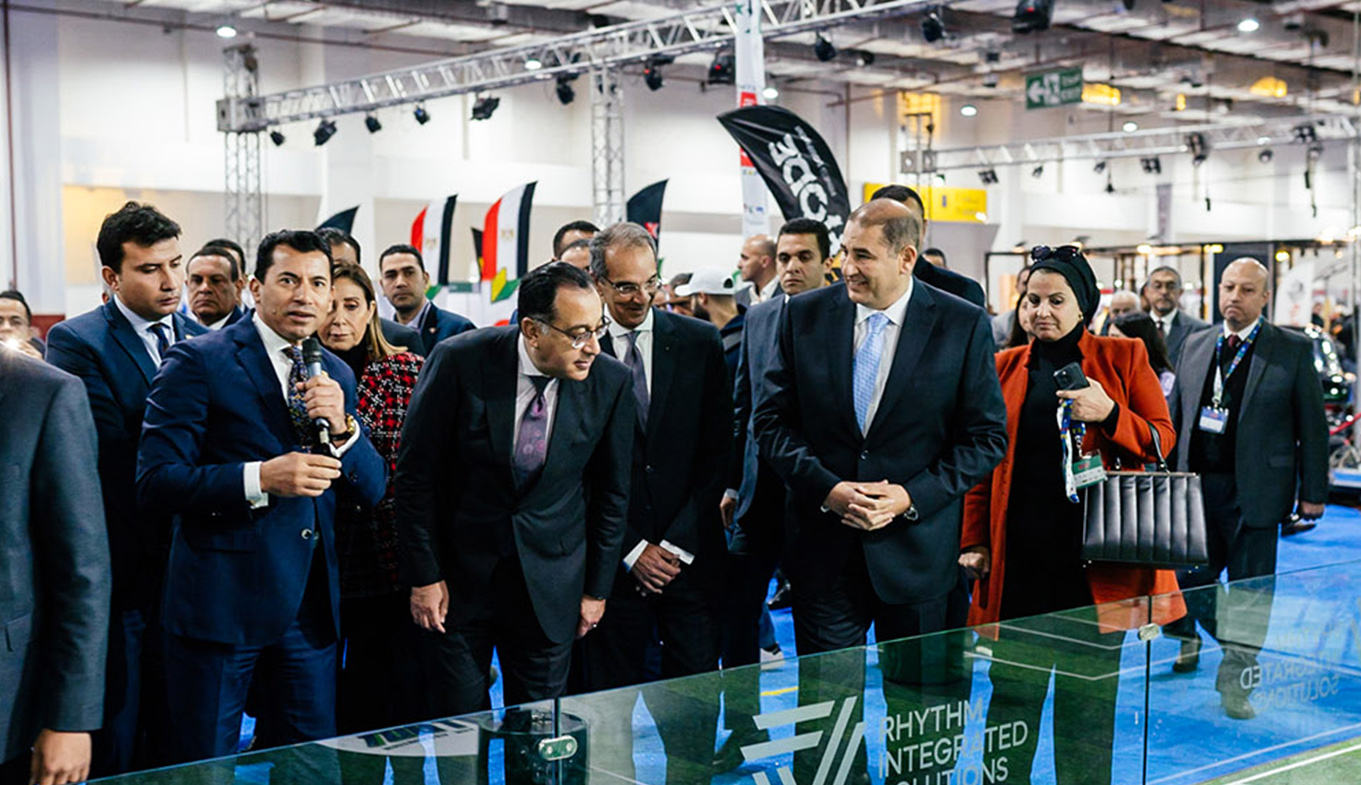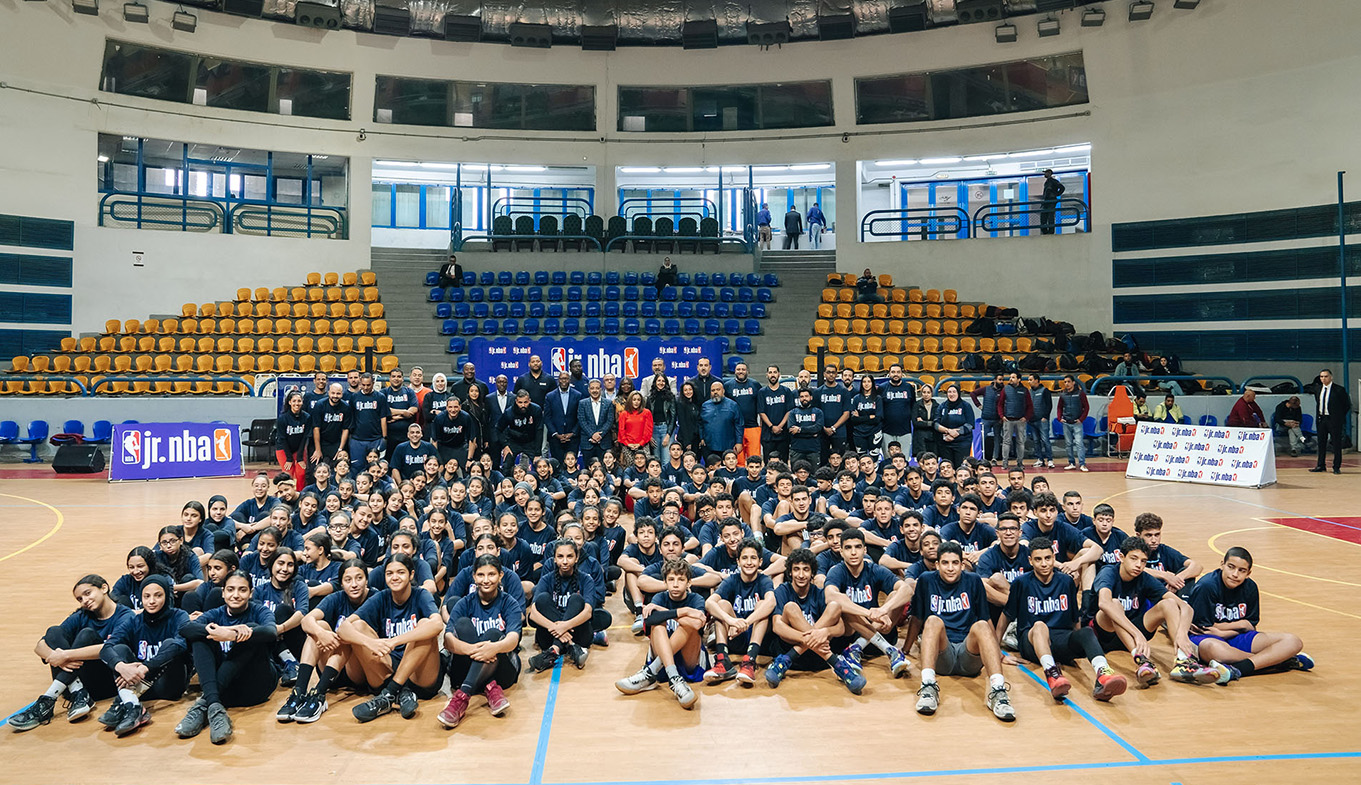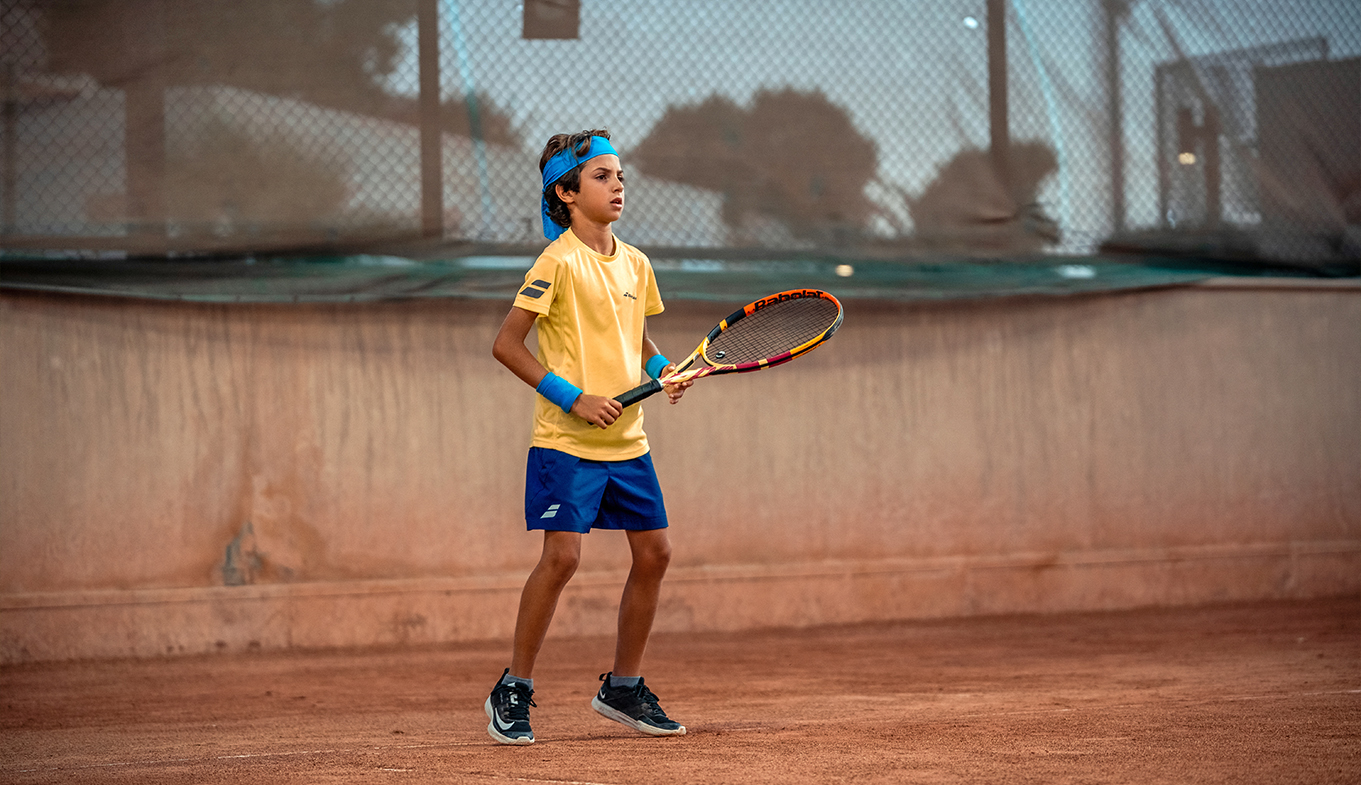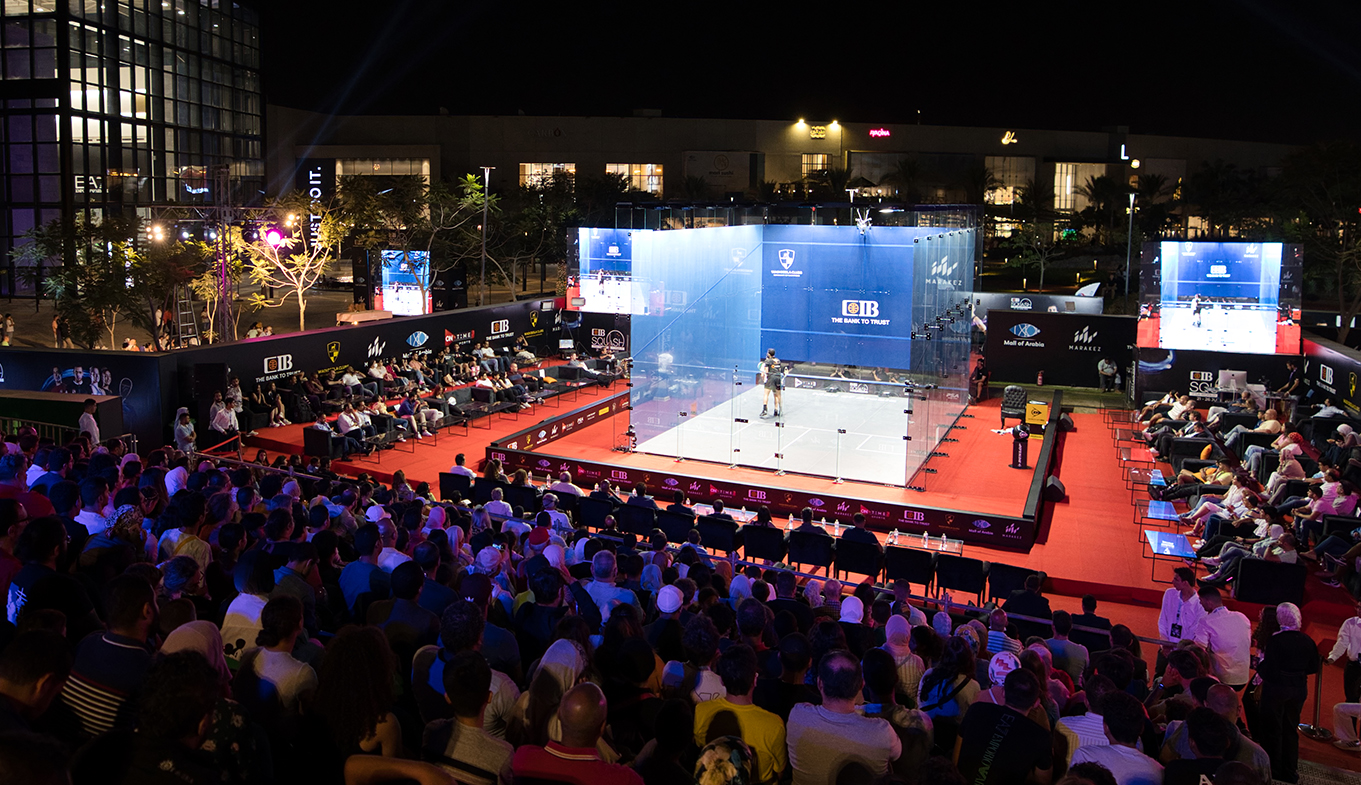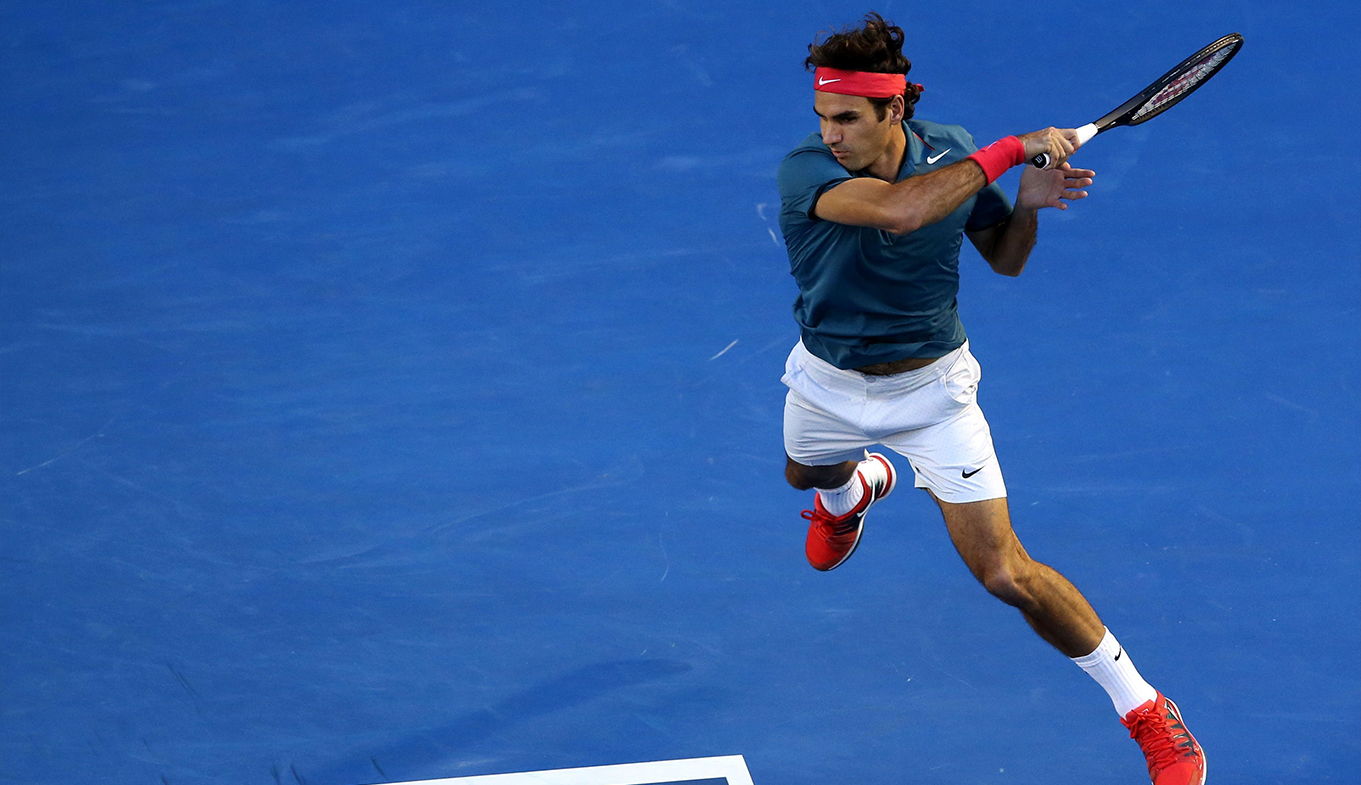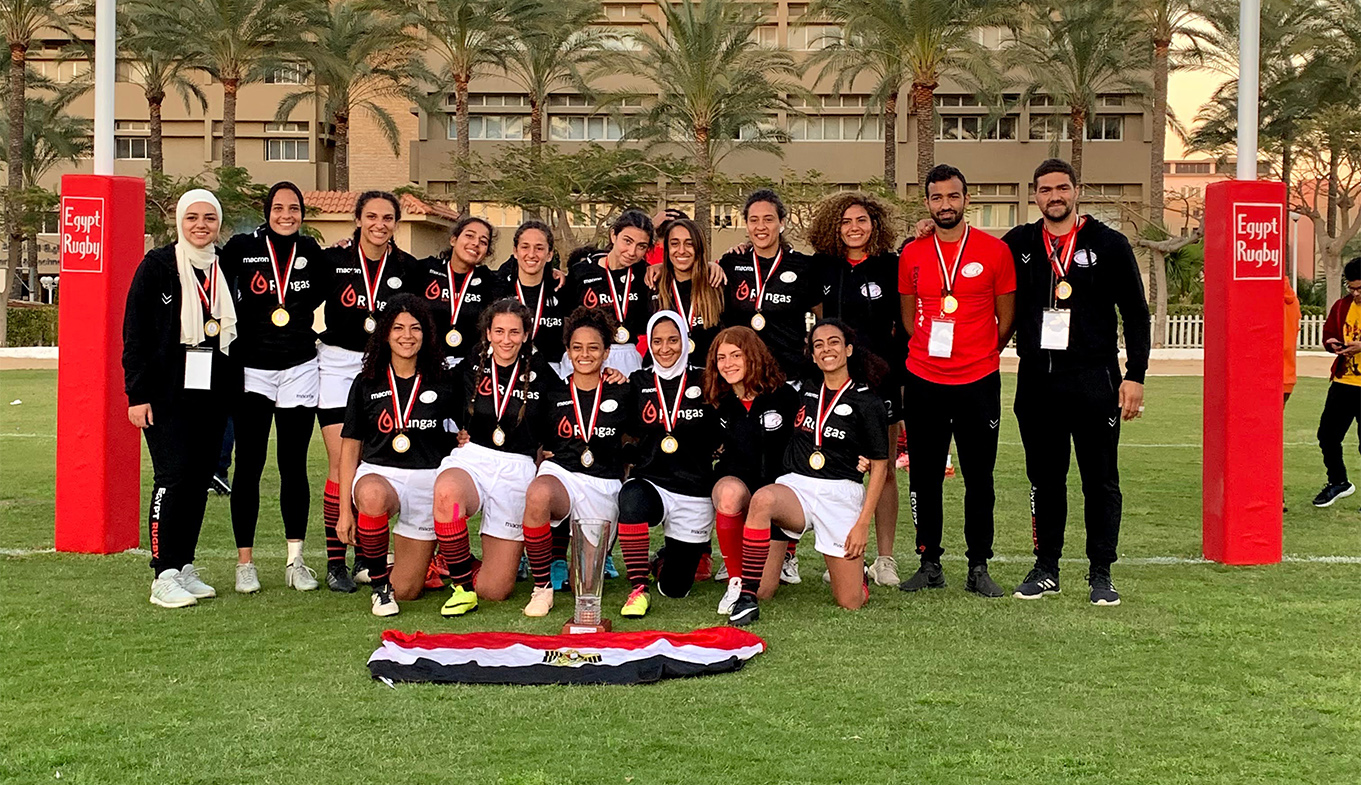A conversation with rugby players Farida Elzakzouk and Rola Elwazery
As an international sport played by more than five million people in over one hundred countries, Rugby has progressively grown over the years to around nineteen percent since 2007 according to the International Rugby Board; and to those who love the game, it should be of great news that rugby has finally made genuine advances on inclusivity. But despite being a beloved sport globally, it is nevertheless a sport that is relatively low-key in Africa and the Middle East.
The sport originated in Rugby School in Warwickshire, England during the early 1800s where a student named William Webb Ellis broke the rules of a different game by picking up the ball and carrying it down the field. In the United States, the first rugby game was played in the year 1874 and shortly after that formal rugby organizations were created.
There is little information on how and when exactly women started playing rugby, but what we do know is that around the year 1884 Portora Royal School in Enniskillen, Ireland formed the first rugby team that included a young woman named Emily Valentine, making her the first official woman to play rugby. Around 1891, there was a record of an attempt for a women’s touring team in New Zealand but was quickly shut down due to social unacceptance causing women shortly after to play the sport in secret in order to avoid any public scrutiny and societal issues.
It was only in 1917 that a first charity match was held at Cardiff Arms Park that featured female teams: Cardiff Ladies and Newport Ladies. Following the second world war, the roles of women truly changed and women’s rugby was instigated. The first-ever recorded women’s rugby team was formed at Edinburgh University in the year 1962 where the first documented women’s club match took place at Toulouse Femina Sports in France leading to them later forming the first national association for women’s rugby union the AFRF, and the formation of women’s rugby unions in universities across Canada, the USA, the Netherlands and Spain.
Rugby was first introduced in Egypt by the British and was generally played by expatriates, but with the departure of the British from the region, the game took a sharp downturn. Egyptian rugby looked up to Europe for inspiration like many North African nations.
The age of male-dominated sports has come to an end as young women such as Farida Elzakzouk and Rola Elwazery - two rugby players - in Egypt broke the general stigma and proved that rigorous sports such as rugby should no longer be reserved only for men. The misconception that men have greater physical abilities is easily shut down by the rise of powerful and persistent female athletes like Farida and Rola.

Both women had come from the same background in sports. They are passionate about sports as young adults and willing to try out new sports and undergo different experiences. They both decided to join the women’s rugby team when they were doing their bachelor’s degree at The American University of Cairo. Farida Elzakzouk, rugby player and captain of the women’s rugby national team explains, “the try-outs for which we first enlisted were rigorous and very demanding, so much so that people lessened as the trainings progressed and I saw that as a challenge and to focus on making it to the team. throughout the process, I fell in love with the game.”
The game is not too dissimilar to American football in the sense that players are allowed to kick, pass or run with the oval-shaped ball down the field. The defense uses tackles to prevent the offense from progressing down the field, and a team can score both when they touch the ball down in the “try zone” and when a kick goes through the uprights. Rugby player Rola Elwazery started as a rugby player but has now taken on more roles since starting her rugby career and has become the team’s manager as well; working with the logistics side of the sport and managing the funding, transportation, and travel procedures. She describes the five core values that define the sport, that players should abide by; “the five core values of rugby are teamwork, discipline, enjoyment, sportsmanship and respect. Those 5 pillars have not only been catered for rugby but they have also been engraved with the way I carry myself both on and off the field, with my professional life, my personal life and relationships with other people.”

Female players have faced and continue to face unique challenges in the rugby world as the sport has had a long history of being exclusively male-dominated and framed as a hyper-masculine sport. In order to prepare for the sport and any tournaments that may come, the female players describe their training routines as very arduous; training with AUC wolves three times a week and having camps on the weekends for the female national team, in addition to also conditioning their bodies in the gym roughly two to four times a week depending on the time frame left before the next upcoming tournament.
The women’s sports performance is also enhanced by sticking to healthy diets and clean nutritional plans which ultimately comes with the dedication of being part of the team. Rola explains that the team members constantly motivate each other on clean eating by sharing healthy recipes and constantly encouraging one another to persevere.
“You are as strong as your weakest player” something that Coach Mohamed Togbi says constantly has resonated with both athletes quite strongly, instilling in them the values of teamwork and collective efforts. Coach Togbi, according to the athletes, has always challenged their limits at times when they thought they couldn’t do more. He would call out and say “there is more in the tank”, challenging the athletes’ mental barriers and making them realize that there is no limit that one should reach to achieve their maximum potential. Farida Elzakzouk describes, “I always tell myself that there is more room to achieve and that you have never really reached your true potential because there is always room for improvement. For me to want to improve, we work as a team and try to motivate one another; teamwork is an integral part of playing any sport, let alone rugby. Rugby is not a solo game, whether in attack or defense mode the whole line needs to move together and if one person falls, the rest must recover quickly, for that reason, we must always support each other as a team and have everyone’s back.”

As a team captain, Farida’s roles are but not limited to, supporting her teammates on and off the field, ensuring that everyone is comfortable enough to play and bringing their one hundred percent on the field with their best performance, and always lifting the team’s spirit, especially during difficult times. “Being a captain bears a huge responsibility to always be a good example for the rest of the team to follow, and to motivate them, which at the end of the day leave no room for errors. I am very hard on myself and especially when I make mistakes, I get very stressed. But in fact, this has helped me to work on myself from a personal aspect as well.”
Because rugby is all about full contact, it demands a high level of strength, speed, endurance, agility and aggression. Historically, men have dominated the sport for most of its existence. Carle and Nauright were two researchers who argued that in the past rugby has reinforced traditional gender stereotypes, “the relationship between rugby and masculinity was passed generationally between fathers and sons, and rugby participation became synonymous with acting like a man”. When asked what femininity was to them and how it well-defined them as athletes, Farida commenced, “there isn’t just one definition of “femininity”. I believe it’s a very subjective and broad term; some could argue that being feminine is about a woman dressing up nicely and taking care of herself physically. I believe that every woman has her own way of expressing her femininity, whether in clothes, in sport, her behavior or elsewhere. And this makes her special and worth what she has to offer.” To that Rola joins in by saying, “in my eyes, being feminine is to be a beast on the field and elegant outside, having the best of both worlds and pulling off both naturally.”
Rola continues, “the misconception a lot of people have of the sport is thinking that because a girl plays the game, they presume that you are tough and masculine, but in truth, it is ok to be tough - life is tough and one should be prepared for what comes in their way. We have a multitude of different players from different backgrounds, some of my teammates are married and have children, some have more than one job, and some are pursuing their master’s degree and working at the same time.”

The projection of female sport has massively increased in the public eye, setting women’s rugby onto a higher platform in expanding its popularity. In Egypt, a series of tournaments are held where rugby teams across the country play against one another; teams such as AUC Wolves, Cairo Rugby, Panthers, and Alexandria Rugby play four tournaments between the months of September and December and the remaining four are between February and April constituting to a grand total of eight a year. Farida sheds light on the international side of the sport, “when it comes to what we do on the international side, we participate annually in the Dubai 7s: an international tournament where several international rugby teams from all over the world come together to compete against one another. With the national team, I have participated in two Arab Leagues and one North African qualifier tournament.”
Both women conclude, “we are not just a team, we mean it when we say we’re family. The love and care we have for one another are exceptional. People get married, travel abroad for work, have children but yet somehow, they always find a way back to rugby, if it is not on the field then it is through coaching, and if not through coaching, then it is through managerial relations. We are so attached to one another, it is crazy and so to all the non-rugger out there, if you become part of a rugby family, there is literally no way out.” They urge young women to dispel the misconceptions that come with being a female practicing the sport, disregard all the stereotypes and try rugby first-hand themselves.
